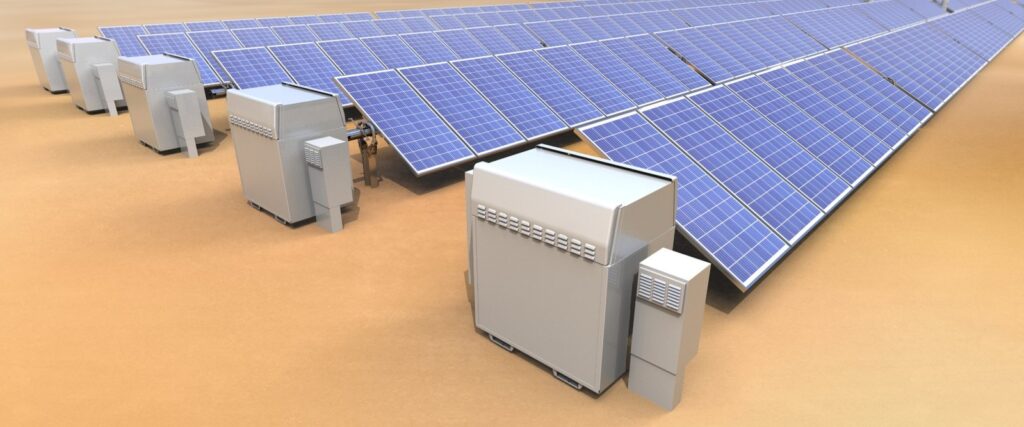When purchasing storage batteries, whether for home solar energy storage systems, backup power, or other applications, several important factors should be considered.
- Battery Chemistry:
- Different battery chemistries offer varying characteristics. Common types include lead-acid (flooded, AGM, gel), lithium-ion (Li-ion), nickel-cadmium (NiCd), and more. Consider the specific advantages and limitations of each chemistry concerning energy density, cycle life, and cost.
- Capacity:
- Capacity is the amount of energy a battery can store, usually measured in ampere-hours (Ah) or kilowatt-hours (kWh). Choose a battery with sufficient capacity to meet your energy storage requirements, considering daily cycling needs and potential periods without solar production.
- Voltage:
- Batteries come in different voltage ratings. Ensure that the voltage matches the requirements of your solar energy system or other applications. Common residential systems may use 12V, 24V, or 48V battery banks.
- Cycle Life:
- Cycle life refers to the number of charge-discharge cycles a battery can undergo before its capacity significantly degrades. Consider the expected lifespan of the battery and how often you anticipate cycling it.
- Depth of Discharge (DoD):
- DoD indicates the percentage of the battery’s capacity that can be used before recharging. Some batteries, especially lead-acid, may have limitations on deep discharges. Choose a battery with an appropriate DoD for your application.
- Efficiency:
- Consider the efficiency of the battery, including charging and discharging efficiency. Higher efficiency means more effective use of the stored energy.
- Maintenance:
- Different batteries have varying maintenance requirements. Some, like lead-acid batteries, may require regular maintenance, while others, like lithium-ion batteries, are maintenance-free. Assess your willingness and ability to perform necessary maintenance tasks.
- Physical Size and Weight:
- Consider the physical dimensions and weight of the battery, especially if space is limited or if installation requires lifting heavy components. Lithium-ion batteries are generally more compact and lightweight than lead-acid alternatives.
- Temperature Range:
- Batteries have optimal operating temperature ranges. Consider the climate where the batteries will be installed and choose batteries that can perform well within that temperature range.
- Safety Features:
- Check for safety features such as built-in protection against overcharging, over-discharging, and short circuits. Safety certifications from reputable organizations can also be an important consideration.
- Cost:
- Evaluate the upfront cost as well as the total cost of ownership, factoring in the expected lifespan and maintenance requirements. Lithium-ion batteries often have a higher initial cost but may offer better long-term value.
- Compatibility with Inverter/Charge Controller:
- Ensure that the battery is compatible with the inverter and charge controller in your solar energy system. Different batteries may have specific voltage and communication requirements.
- Warranty:
- Check the warranty offered by the manufacturer. A longer warranty period often indicates the manufacturer’s confidence in the battery’s durability and performance.
- Brand and Reputation:
- Choose batteries from reputable manufacturers with a track record of reliability. Research customer reviews and industry feedback to gauge the reputation of the brand.
By carefully considering these factors, you can select storage batteries that align with your specific needs, ensuring optimal performance, reliability, and longevity for your energy storage system.


